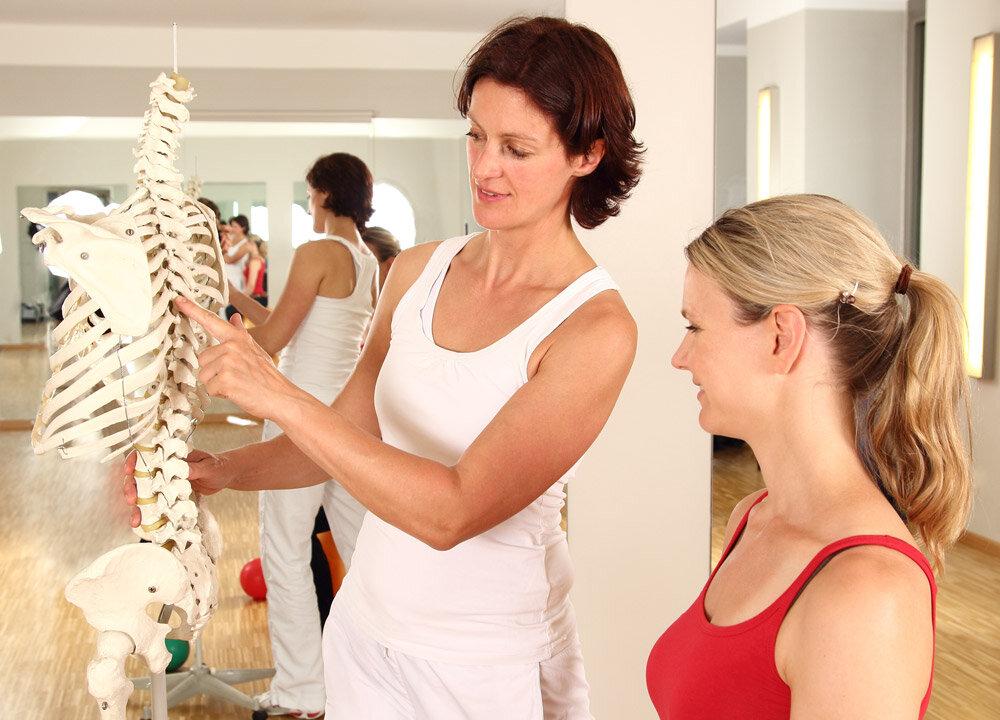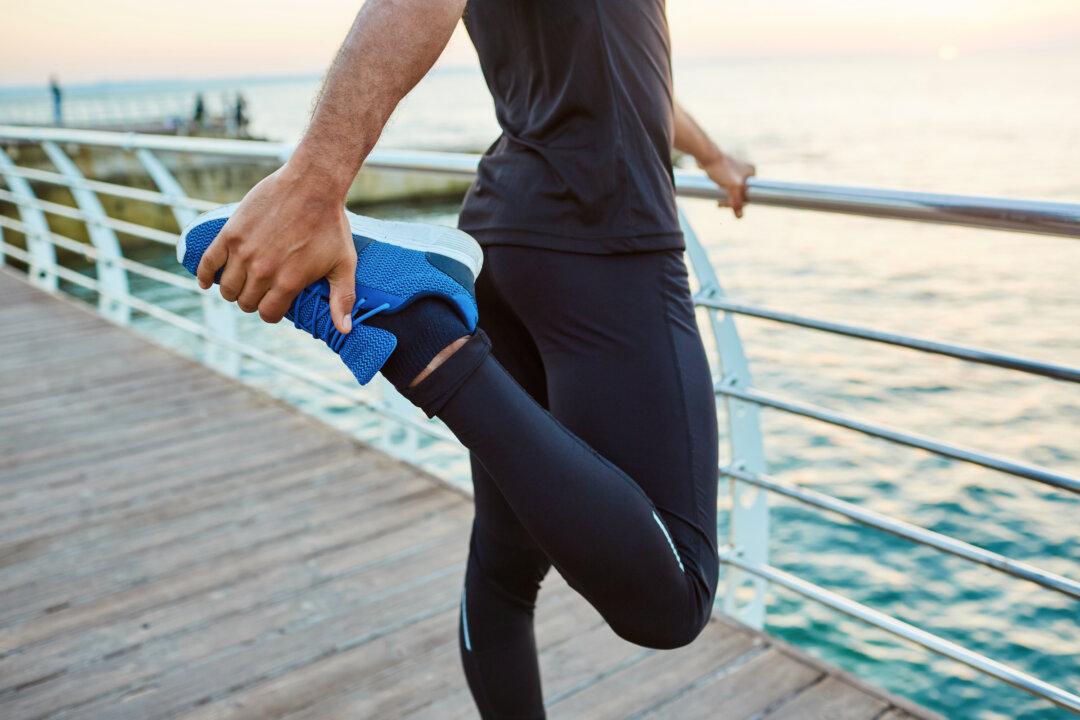Most of us have experienced rapid and continuous hiccups, which are quite annoying. These hiccups are mostly benign, and there are four ways to get rid of them. However, if the hiccups persist for too long—as in, well over a day—then you should be aware that this may be a warning sign of certain diseases, such as cancer.
Hiccups are a common occurrence in life. Full from eating or drinking, hiccups can often occur for a short period.





